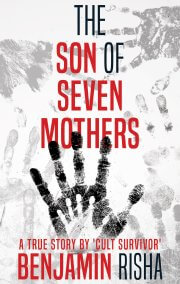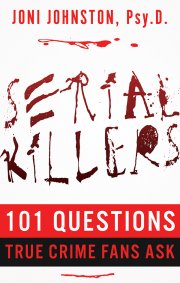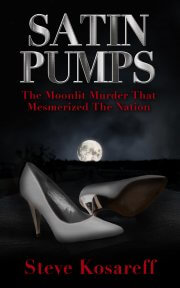 Life-long journalist and author Ron Franscell talks about the importance of research in the writing process:
Life-long journalist and author Ron Franscell talks about the importance of research in the writing process:
For me, the most fascinating element of storytelling, whether fiction or nonfiction, is research. A long time ago, we made photographs from film negatives. If you had a crappy negative, you’d probably have a crappy picture. The quality of your image depended entirely on the quality of that negative. That’s how I feel about research. The quality of the story depends on the quality of the research. My books—novels and true crime alike—have always had a lengthy research period, as much as six months before I begin writing. The research often continues right up to the moment the editor says I must release the galleys.
I subscribe to the Iceberg Theory. Only about 10% of an iceberg is visible above the water; the rest is submerged … but you know it’s there without actually seeing it. The same goes for good nonfiction: I always know a lot more about my subject than I ever write in a book, but if a reader has a sense that my knowledge is far deeper, then she’ll trust me more.
Here’s an example: I’m working on a story about a mother who, for about 25 years, methodically killed every child she ever bore, a couple she adopted, and a few neighbor kids for good measure. Her first known victim was her own infant son, whom she named after a brother killed in WWII just a few months before. Suddenly I needed to know more about this dead brother. What was their relationship? How and where did he die? What effect did his death have on her? So I’ve spent probably 20 hours of research on this brother, who likely won’t have a significant role in the bigger story, and I’m still not finished. But somewhere in there, I expect to find one, beautiful, specific fact that will help me paint a credible (and utterly true) portrait of the killer.




 Join our email list
Join our email list
Leave a Reply